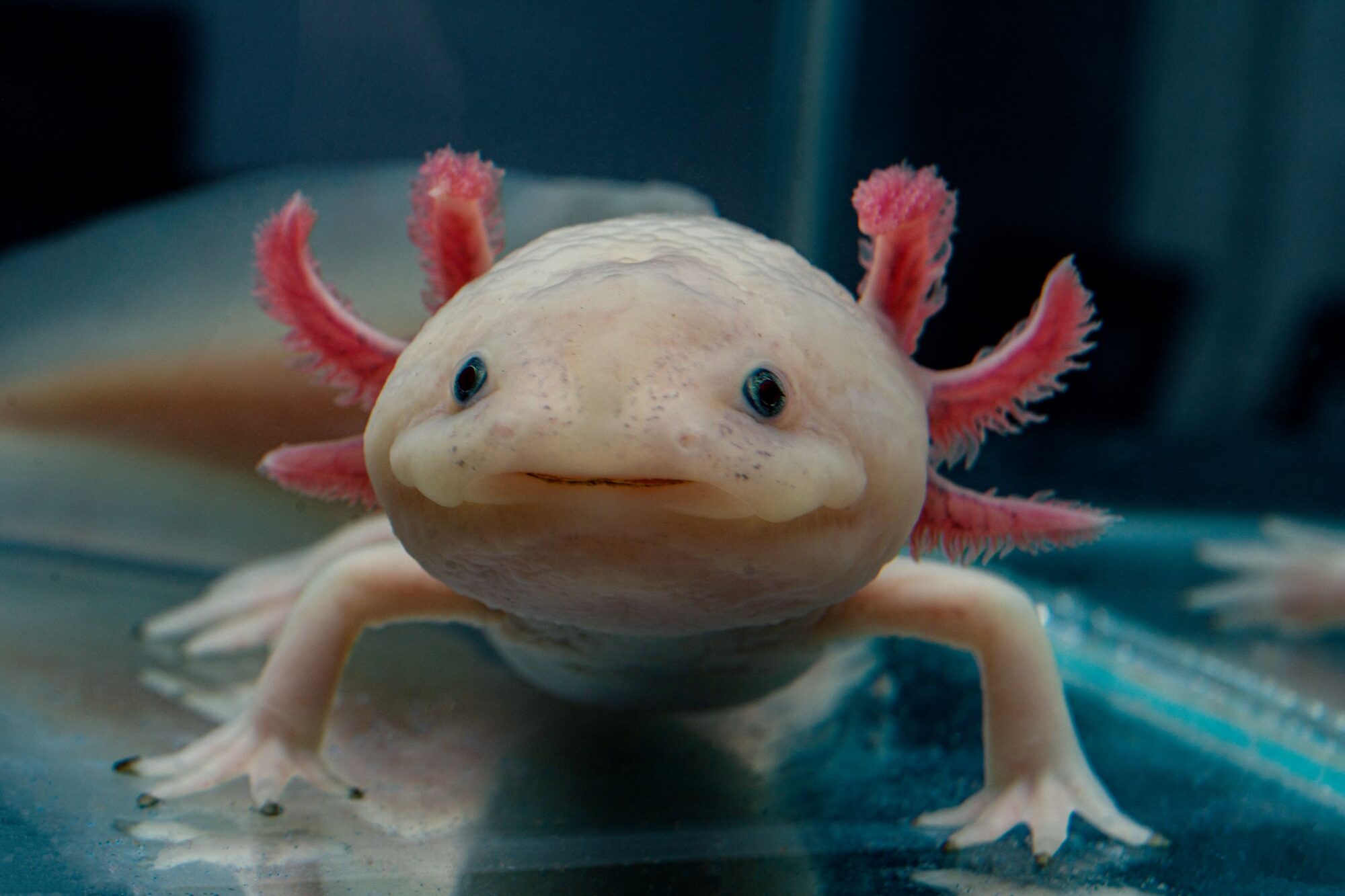Exotic Pet Behavior: Understanding Their Natural Instincts

Exotic pet ownership is a whole different game from taking care of a dog or a cat. All Critters Veterinary Hospital understands a thing or two about caring for birds, small mammals, and reptiles. Exotic pet behavior and health is all about their instincts, and they depend on us for their care.
All About Exotic Pet Instincts
Providing the best care for your species of choice depends largely on your understanding of exotic pet instincts and behavior.
While each individual species has its own unique needs and personalities, consider the following:
- Most exotic pets are prey species who instinctively hide their pain, which makes it hard to detect illness
- Sources of stress may come from things like exposure to predators (yes, we are looking at your cat!), lack of appropriate hiding spaces, and improper environmental factors
- Exotic pet species may have individual needs and drives for social interaction, grooming, and dietary requirements
- Your pet may have higher levels of activity during certain times of the day due to their normal instinctual habits
Taking some time to learn about how your exotic pet species functions in a natural environment can help you to provide them with the care they need to thrive.
Environmental Enrichment for Exotics
Perhaps one of the most challenging aspects of exotic pet ownership is providing a stimulating and satisfactory environment that mimics nature as closely as possible.
Environmental enrichment for exotics is a tall order, but one that is worth shooting for.
Lack of appropriate enrichment can lead to health issues, behavioral disorders, and many other problems.
Environmental enrichment for exotic pets consists of:
- Social enrichment: Some species, such as small rodents, do best with other members of the same species. Other exotic pets may thrive with routine human interaction or might even prefer to be left alone.
- Physical enrichment: Many exotic pets have instinctual needs that must be supported by their surroundings. Chewing behaviors, grooming habits, perching preferences, digging, and nest building are common characteristics to take into account. You may need to provide deeper bedding, appropriate chewing materials, or vertical space as dictated by the species needs.
- Nutritional care: Avoiding overfeeding is important in good pet care. Many species do best with some variety in their diet, and with feeding practices that encourage natural foraging type behavior.
- Mental stimulation: All pets need some type of mental stimulation and enrichment. Be sure to rotate toys and treats as appropriate. Rotate cage items as you are able. Take care to provide your pet the opportunity to create their own environment with nesting materials or areas that are accessible through chewing or climbing.
Don’t forget, either, that our expert staff is here to help you care for your exotic pet species. Don’t hesitate to make an appointment or reach out to us for guidance or advice. We are big fans of all creatures, great and small.
